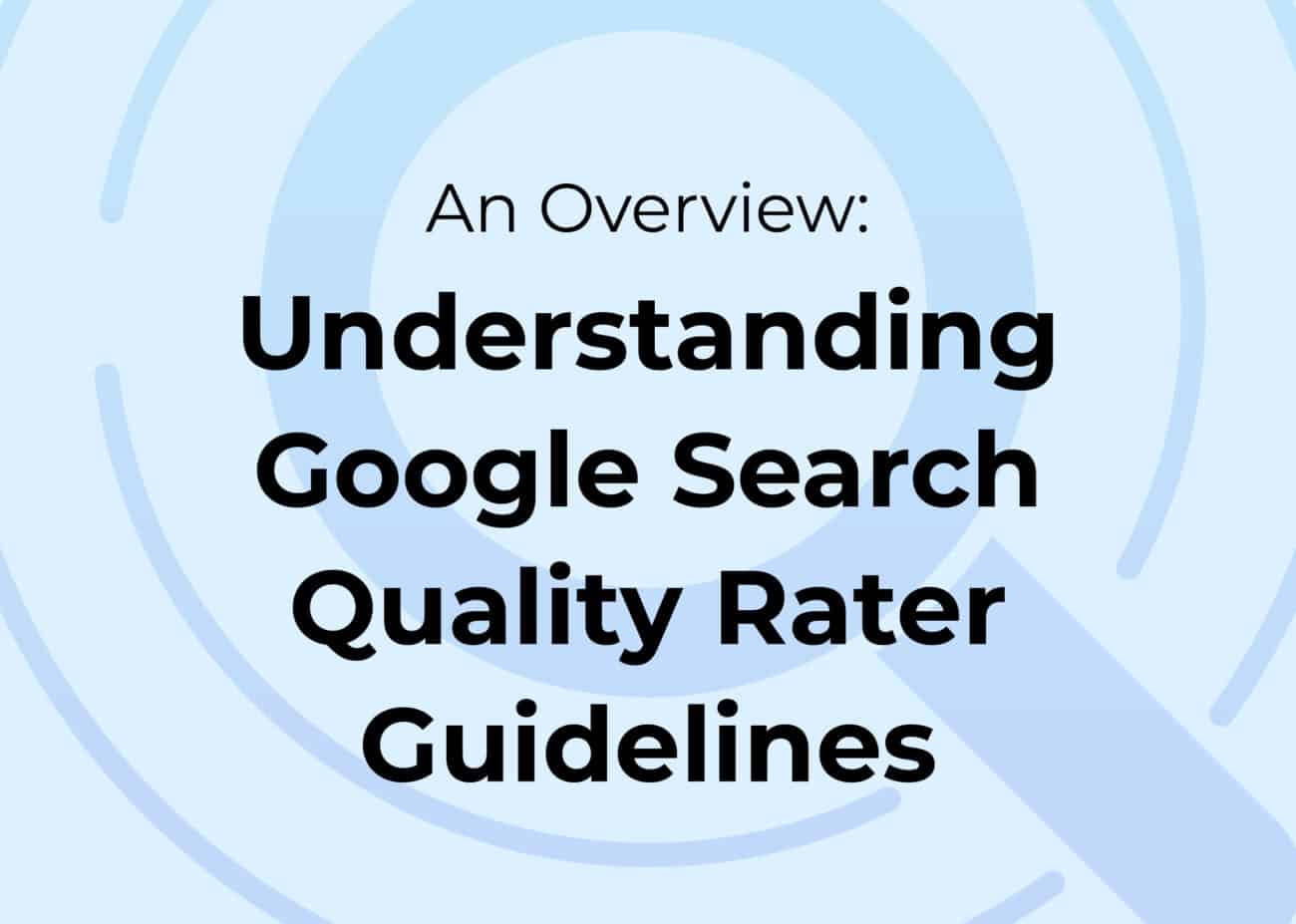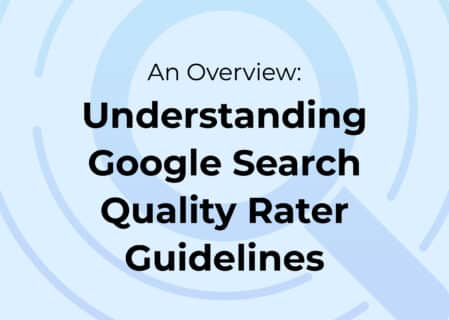In an age where information is at our fingertips, Google aims to ensure users find reliable and relevant information easily. Achieving this mission involves an intricate evaluation process, and one critical component of this process is the “Google Search Quality Rater Program“. This overview will delve into what this program entails and its pivotal role in refining Google’s search algorithms.
How Search Works
- Key Elements: Google’s approach to information quality relies on three core elements:
- High-quality automated ranking systems
- Helpful Search Features
- Content policies to ensure the display of high-quality content.
- Relevance and Reliability: Google’s ranking systems aim to match user queries with related information, combining advanced AI systems and natural language understanding.
- Challenges: While search engines excel in relevance, assessing reliability remains challenging. They rely on signals to gauge the trustworthiness of content.
Improving Search
- Constant Refinement: Google continually refines its search algorithms to enhance user experience. In 2021, they implemented over 5,150 improvements.
- Evaluation Process: Proposed changes to search undergo rigorous evaluation by data scientists, product managers, and engineers. They consider factors like privacy, legalities, and more.
- User Feedback: User research, live experiments, and search quality tests provide invaluable feedback to shape search improvements.
The Search Quality Rating Process
- Quality Assessment: Google works with around 16,000 external Search Quality Raters worldwide. They rate search results based on guidelines, effectively representing real users.
- Page Quality: Raters assess the quality of web pages using the criteria of E-E-A-T: Experience, Expertise, Authoritativeness, and Trust. “Your Money or Your Life” (YMYL) topics are scrutinised.
- Needs Met Rating: Raters evaluate how well search results meet user intent. Based on user satisfaction, results are categorised as Fully Meets, Highly Meets, Moderately Meets, Slightly Meets, or Fails to Meet.
Summary
- Information at the Core: Google is dedicated to making web information accessible to everyone.
- Aggregate Ratings: Search Quality Rater Guidelines are an aggregate measure of how well search algorithms perform for a broad range of queries.
- Influence on Rankings: While Rater Ratings don’t directly affect rankings, they help Google fine-tune its algorithms and deliver high-quality, trustworthy search results.
By understanding the inner workings of Google’s Search Quality Rater Program, our clients can appreciate the level of commitment and expertise that we put into ensuring the content that the search results they rely on are reliable, relevant, and user-friendly. Google’s continuous quest for improvement ensures that its search engine evolves with the ever-changing digital landscape.
In a digital landscape where accurate information is vital, and user experience is paramount, aligning your website with Google’s Search Quality Rater Guidelines is not just a choice; it’s a necessity. The quality and reliability of your online content play a pivotal role in how it’s perceived by search engines and, ultimately, by your audience.
This is where Zool enters the scene. Partnering with Zool for your website and content needs ensures that you adhere to best practices and excel in them.
Understanding Google Search Quality Rater Guidelines: An Overview
Digital / Oct 30, 2023
In an age where information is at our fingertips, Google aims to ensure users find reliable and relevant information easily. Achieving this mission involves an intricate evaluation process, and one critical component of this process is the “Google Search Quality Rater Program“. This overview will delve into what this program entails and its pivotal role in refining Google’s search algorithms.
How Search Works
- Key Elements: Google’s approach to information quality relies on three core elements:
- High-quality automated ranking systems
- Helpful Search Features
- Content policies to ensure the display of high-quality content.
- Relevance and Reliability: Google’s ranking systems aim to match user queries with related information, combining advanced AI systems and natural language understanding.
- Challenges: While search engines excel in relevance, assessing reliability remains challenging. They rely on signals to gauge the trustworthiness of content.
Improving Search
- Constant Refinement: Google continually refines its search algorithms to enhance user experience. In 2021, they implemented over 5,150 improvements.
- Evaluation Process: Proposed changes to search undergo rigorous evaluation by data scientists, product managers, and engineers. They consider factors like privacy, legalities, and more.
- User Feedback: User research, live experiments, and search quality tests provide invaluable feedback to shape search improvements.
The Search Quality Rating Process
- Quality Assessment: Google works with around 16,000 external Search Quality Raters worldwide. They rate search results based on guidelines, effectively representing real users.
- Page Quality: Raters assess the quality of web pages using the criteria of E-E-A-T: Experience, Expertise, Authoritativeness, and Trust. “Your Money or Your Life” (YMYL) topics are scrutinised.
- Needs Met Rating: Raters evaluate how well search results meet user intent. Based on user satisfaction, results are categorised as Fully Meets, Highly Meets, Moderately Meets, Slightly Meets, or Fails to Meet.
Summary
- Information at the Core: Google is dedicated to making web information accessible to everyone.
- Aggregate Ratings: Search Quality Rater Guidelines are an aggregate measure of how well search algorithms perform for a broad range of queries.
- Influence on Rankings: While Rater Ratings don’t directly affect rankings, they help Google fine-tune its algorithms and deliver high-quality, trustworthy search results.
By understanding the inner workings of Google’s Search Quality Rater Program, our clients can appreciate the level of commitment and expertise that we put into ensuring the content that the search results they rely on are reliable, relevant, and user-friendly. Google’s continuous quest for improvement ensures that its search engine evolves with the ever-changing digital landscape.
In a digital landscape where accurate information is vital, and user experience is paramount, aligning your website with Google’s Search Quality Rater Guidelines is not just a choice; it’s a necessity. The quality and reliability of your online content play a pivotal role in how it’s perceived by search engines and, ultimately, by your audience.
This is where Zool enters the scene. Partnering with Zool for your website and content needs ensures that you adhere to best practices and excel in them.
Array
